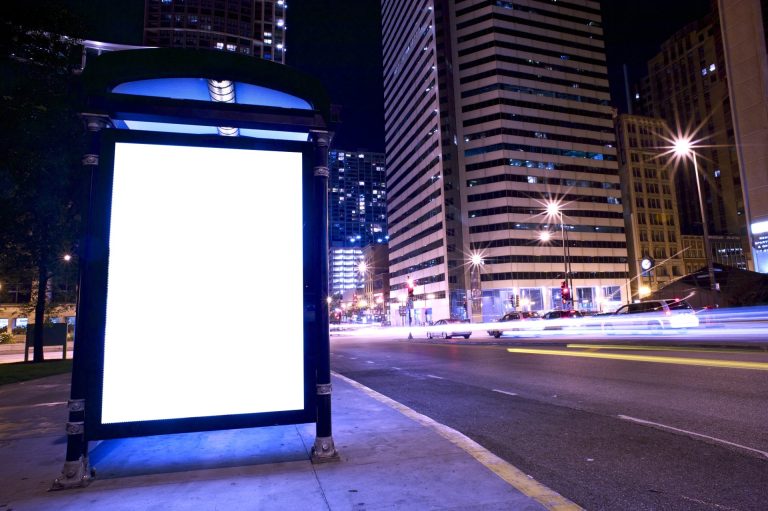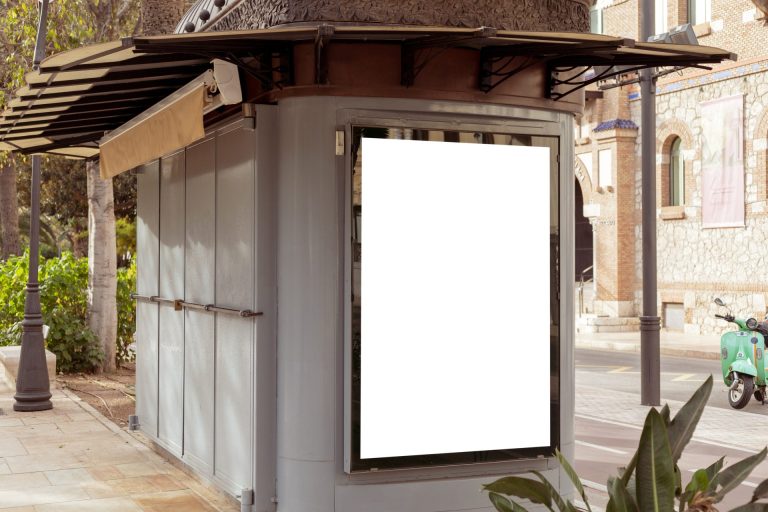Outdoor advertising is an extremely powerful tool for visibility and brand building, but in the UAE it comes with legal obligations. Cities like Dubai and Abu Dhabi have specific laws, decrees, and permit systems to ensure that signage, billboards, hoardings, vehicle-wraps, and other outdoor media meet standards of safety, aesthetics, traffic/safety, and cultural appropriateness. Here’s what you and your brand must know before launching any outdoor campaign.
1. Laws & Decrees You Can’t Ignore
Decree No. (6) of 2020, Regulating Advertisements in the Emirate of Dubai
This decree sets out broad definitions (what counts as advertising medium, material, space) and insists that no advertisement may be displayed without a permit. Dubai Land DepartmentDubai RTA / Municipality’s Out-of-Home (OOH) Advertising Manual
Updated in 2024, this manual gives technical standards: allowable sizes, lighting, fonts, positioning, safety, visibility, content constraints. Gulf Press+2Khaleej Journal+2Laws in Abu Dhabi, including Law No. 2 of 2012
Abu Dhabi uses Law 2/2012 (and other related municipal rules) for regulating the appearance of signages, ensuring cleanliness and public safety. Violations are fined. Khaleej Times+2JobXDubai+2Free Zone & Special Zone Regulations
Even if you are operating in free zones / special zones (like TECOM, DIFC, etc.), the advertising must comply with both the free-zone authority’s regulations and the emirate’s Decree / Permit system.
2. Permits: What, Who, & How
What kinds of ads need permits:
Billboards, unipoles, bridge banners, megacom signage, large hoardings. Dubai Development Authority+2OOH AE+2
Permanent or temporary signage on buildings, rooftops, facades, vacant land. Dubai Land Department+2OOH AE+2
Vehicle wrapped ads, advertisement displays on vehicles for commercial use. Dubai Land Department+1
Who issues the permits:
In Dubai: multiple entities depending on location/type
• RTA (Roads & Transport Authority) for signs near roads, metro, transit, rights of way. Dubai Land Department+1
• Dubai Municipality for façade signage, rooftop, building wraps. Dubai Land Department+1
• DDA (Dubai Development Authority) for advertising in certain free zones / creative clusters. Dubai Development Authority+1
• Civil Aviation Authority for aerial ads, drones, airborne materials. Dubai Land DepartmentIn Abu Dhabi: Department of Municipalities & Transport (DMT) is heavily involved. Municipal bodies enforce Law No. 2 of 2012. Khaleej Times+1
Permit Fees & Duration:
Example: Dubai Development Authority charges AED 5,000/year for many billboard / banner / hoarding permits. ~ AED 2,500/year for smaller rooftop or podium parapet signs. Dubai Development Authority
Permits usually need renewal, inspections, and sometimes additional safety or structural approvals. OOH AE+1
3. Design & Content Rules
To get permitted, the advertising design must also comply with technical and content quality standards:
Safety & Road Visibility
Signages must not obstruct traffic views, or mimic or compete with actual traffic control devices (traffic lights, signs). On busy roads: avoid large red illuminated surfaces that can be confused with tail lights or brake lights. Fonts must be legible (e.g. minimum height specified in Manila, RTA standards). Khaleej Times+2LexisNexis Middle East+2Physical Structure & Placement
Things like rooftop signs, building wrap structures, or billboards must not block building features, emergency exits, ventilation, or required clearances. Setbacks from road carriageways or sidewalks often required. Gulf Press+2Dubai Development Authority+2Lighting & Illumination
Illuminated signs are allowed, but with constraints: avoid flashing/neon/animated content in many cases, especially if visible from driver’s angle; avoid reflective materials that can cause glare; lighting should not distract or mislead. Dubai Development Authority+1Cultural, Moral & Language Sensitivities
Ads must be respectful of local culture, do not contain misleading content, must conform to public morals and values. Use of Arabic text is often required/prominent. For instance, Dubai regulations insist on prominent Arabic text in most outdoor ads. Khaleej Times+2Dubai Land Department+2Content Accuracy & Misrepresentation
Ads that mislead or misrepresent goods, services etc., are not allowed. Authorities monitor for false claims or violation of public order. Dubai Land Department
4. Fines & Penalties for Non-Compliance
In Abu Dhabi:
• First-offense for unauthorised or expired permit ads = AED 2,000.
• Second offense = AED 4,000.
• Third and subsequent offenses = AED 8,000. Khaleej Times+2JobXDubai+2Use of posters/flyers/signs without licensing, especially in public spaces, can lead to fines. Eg. up to AED 4,000 in some Abu Dhabi situations. UAE Times Now+1
In Dubai: heavy fines, warnings, removal of advertisements. Violations of Decree 6/2020 and the RTA OOH Manual may lead to AED 15,000 or more for serious violations. Bin Eid Advocates & Legal Consultants
Smaller violations like flyers, posters, stickers on public property often draw fines or removal.
5. Tips for Brands to Stay Compliant
To avoid delays, penalties, or forced removals, brands should follow these best practices:
Always get the correct permit before installation — check with all relevant authorities (municipality, RTA, free-zone authority) depending on the location.
Understand which authority applies: The same signage type may need different approvals if it’s near roads, in a free-zone, close to the airport, or on building facades.
Follow the technical design standards: check font size, lighting, material, setbacks, clearance rules.
Include Arabic text where required. Be culturally sensitive in images and wording.
Maintain the sign: Ensure structures remain safe, cleaned & repaired. Permits may be revoked if signage deteriorates.
Keep permits up to date: Expired permits are treated similarly to no permit in many jurisdictions.
Be mindful of content: avoid misleading claims, offensive content, content violating public morals.
6. Why These Regulations Matter
Ensures public safety — preventing distractions for drivers, obstructions, glare, etc.
Maintains aesthetic quality of cities — Dubai & Abu Dhabi want clean, visually pleasing public spaces.
Protects cultural values and norms — messages that conflict with local morals or culture are restricted.
Helps in fair business practice: makes sure everyone plays by the same rules.
Conclusion
Outdoor advertising in the UAE offers great opportunity, but brands must navigate regulations carefully. From permit requirements and safety standards to content rules and fines — being compliant is essential for success.










